Reminder: Kim Kardashian Sought Justice For One Person. Hundreds Of Thousands Are Still Stuck.
Imagine if she used her privilege to push for prison reform.
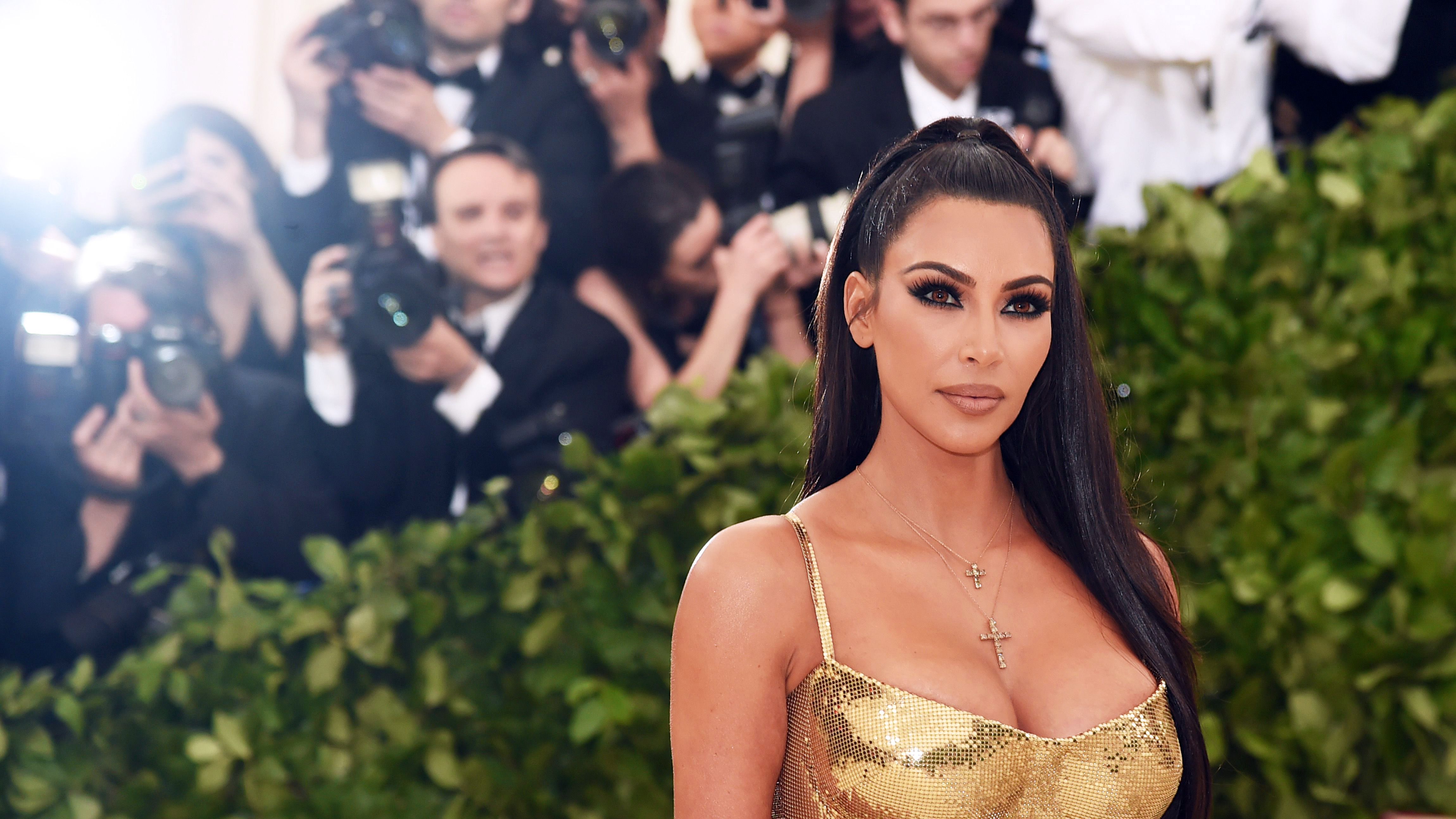
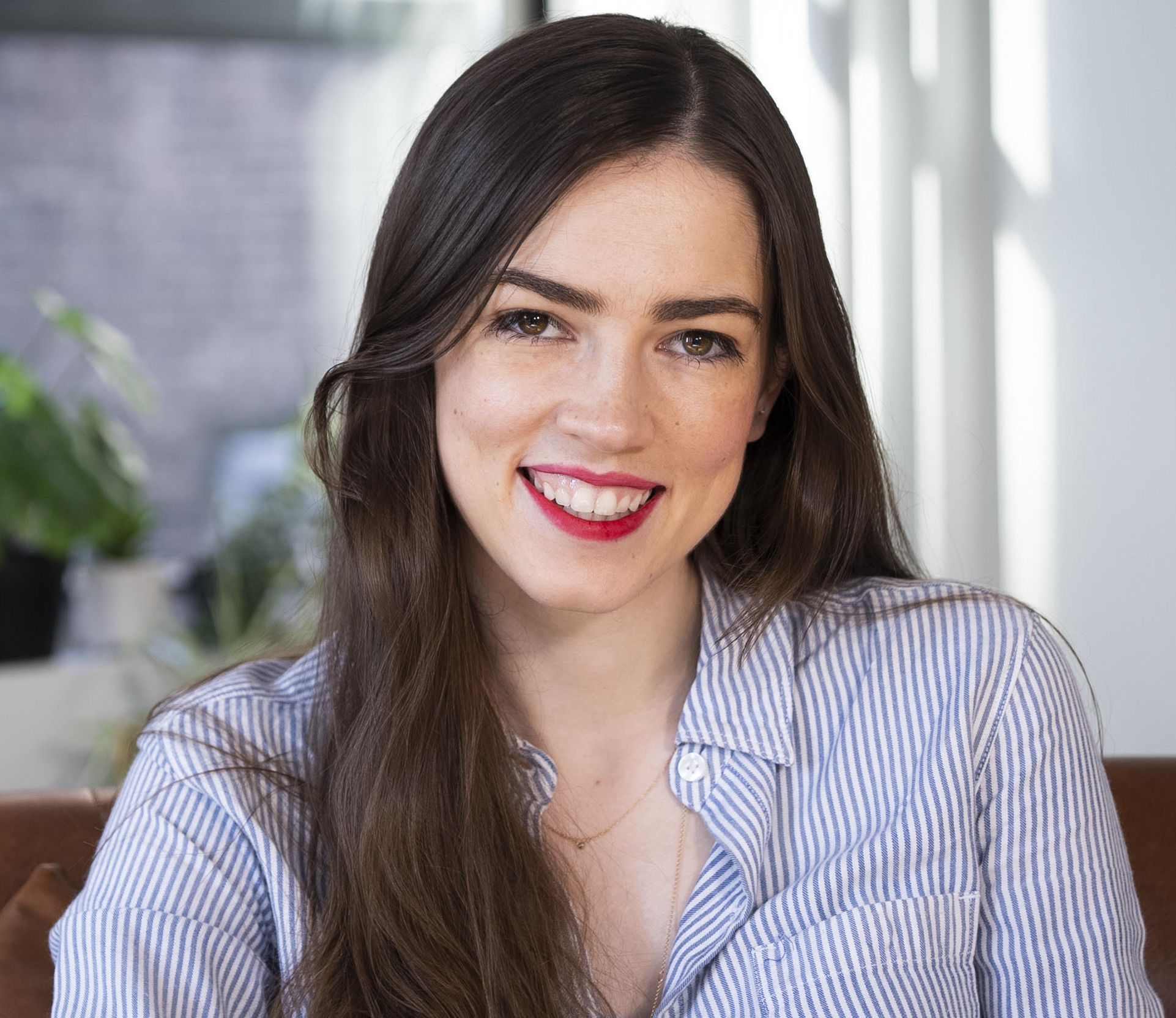
Alice Marie Johnson, who was pardoned by President Trump this week after relentless activism by Kim Kardashian, should not have been in prison. Like millions of disenfranchised Americans who committed low-level drug crimes, Alice Marie Johnson was sentenced unfairly as part of a generation-long failed effort to discourage drug use. Kim Kardashian leveraged her wealth and power to achieve justice for Alice—a worthy cause, no doubt. But there are millions of people of color in the same boat (and by boat, I mean prison). Alice is free. They are not.
Ninety-nine point nine percent of the people behind bars for low-level drug crimes don't become the subject of viral videos. One of every 115 Americans is in prison right now, and 40 percent of imprisoned Americans are considered no threat to public safety, according to a TIME investigation. Kim Kardashian made Alice the face of this issue, but unless Kim uses her own privilege to help everybody else in Alice's position, she has made little credible change.
Don't get me wrong: Kim Kardashian was courageous and persistent in her efforts to free Alice. Not only did she rescue Alice from the clutches of a flawed criminal justice system, she also brought awareness to an issue not well-understood by many Americans. Alice deserved to be released long ago, and Kim deserves credit for making that happen.
But this is a victory for Alice alone, not the cause as a whole. Kim's official statement on Alice's release only gave a passing nod to the hundreds of thousands in her position:
So grateful to @realDonaldTrump, Jared Kushner & to everyone who has showed compassion & contributed countless hours to this important moment for Ms. Alice Marie Johnson. Her commutation is inspirational & gives hope to so many others who are also deserving of a second chance.June 6, 2018
The risk is that Kim, and the rest of us, will consider this a victory and move on. Kim understands that her own privilege enables her to right wrongs—but if she hand-picks the subjects of her privilege without investing her considerable resources in the people whose stories she will never hear about, then Kim IS part of the problem.
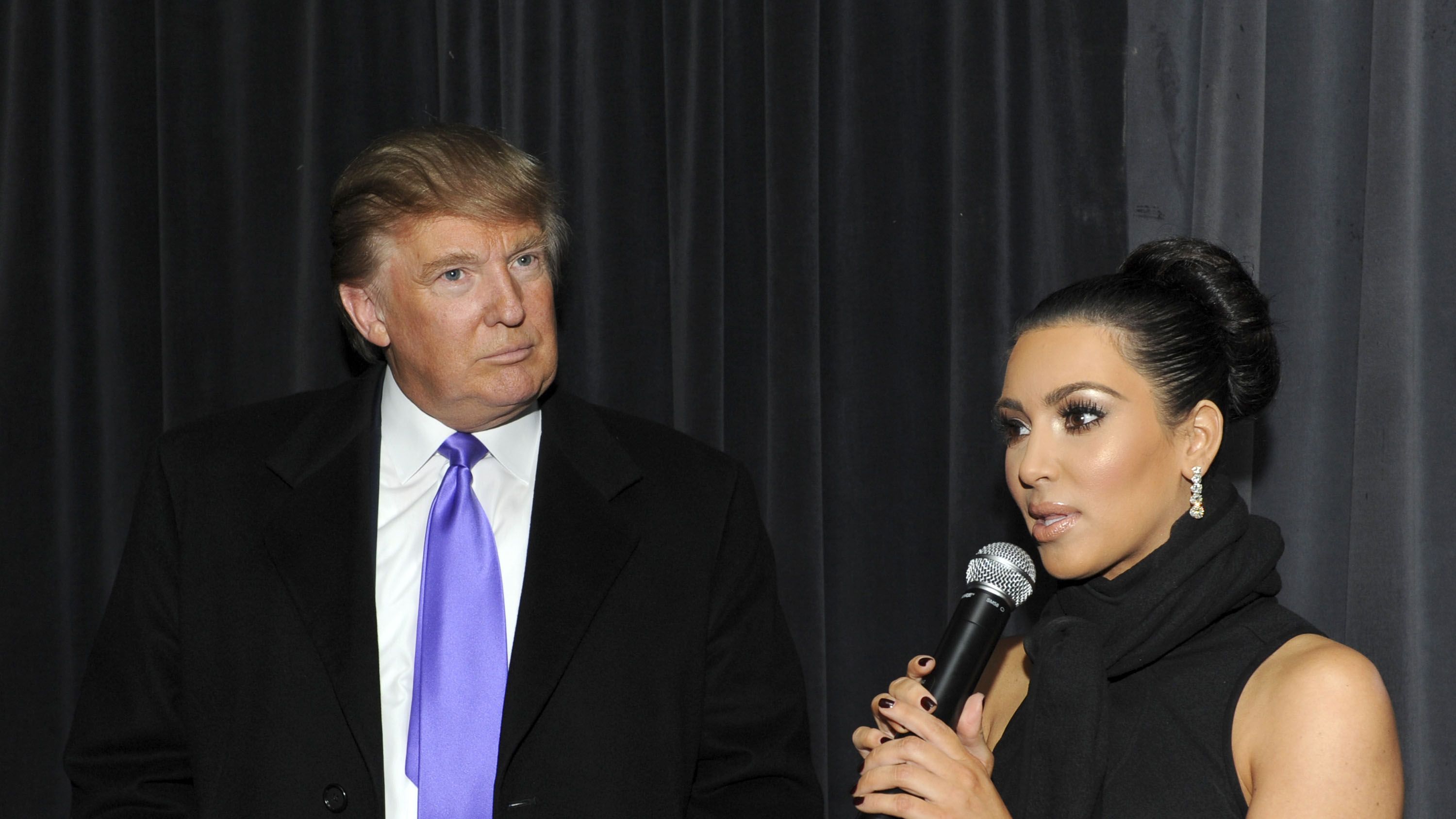
It's worth mentioning the Donda's House debacle here. When Kanye West's mother, Donda West, passed away unexpectedly in 2007, Kanye co-founded a charity designed to mentor underprivileged young people (the very population, in fact, at risk of finding themselves in Alice's situation). Last week, after Kanye was accused by his ex-friend Rhymefest of no longer being involved in Donda's House, Kim leapt to her husband's defense. "You better believe I will make it my mission to take Donda’s House from you and let my children run it the way it should be run!" she wrote on Twitter.
Kim probably meant that the charity in Donda's name should be run by Donda's grandchildren, but the degree of her privilege is striking. When Kim threatens to "take from you" a charity, you better believe that Kim is able to—the woman is worth $175 million. When Kim swears she'll hand her children the reins of an organization, it stings of nepotism: Kim's kids, after all, have grown up with privilege and can't understand what Rhymefest and Kanye experienced in Chicago that led them to start Donda's House. If Kim uses her power to gain ownership of a charity and ultimately put it in the hands of people who have limited understanding of the community it intends to serve, she'll have once again become part of the problem: Ensuring our structures and institutions continue to be managed by the powerful and privileged.
Stay In The Know
Get exclusive access to fashion and beauty trends, hot-off-the-press celebrity news, and more.
But also of note is Kim's follow-up tweet about Alice's release, which suggests she has some understanding of this.
I hope to continue this important work by working together with organizations who have been fighting this fight for much longer than I have and deserve the recognition.June 6, 2018
It's anyone's guess what's next for Kim. This much is clear: Whether your privilege comes down to whiteness, wealth, influence, being able-bodied, or something else entirely, there are responsible and irresponsible ways to use it. You shouldn't cherry-pick one person to save if the issue is systemic. You cannot advocate for certain victims and bypass others.
If you don't do that, you're doing nothing to change the power structures that you purport to fight.
RELATED STORY
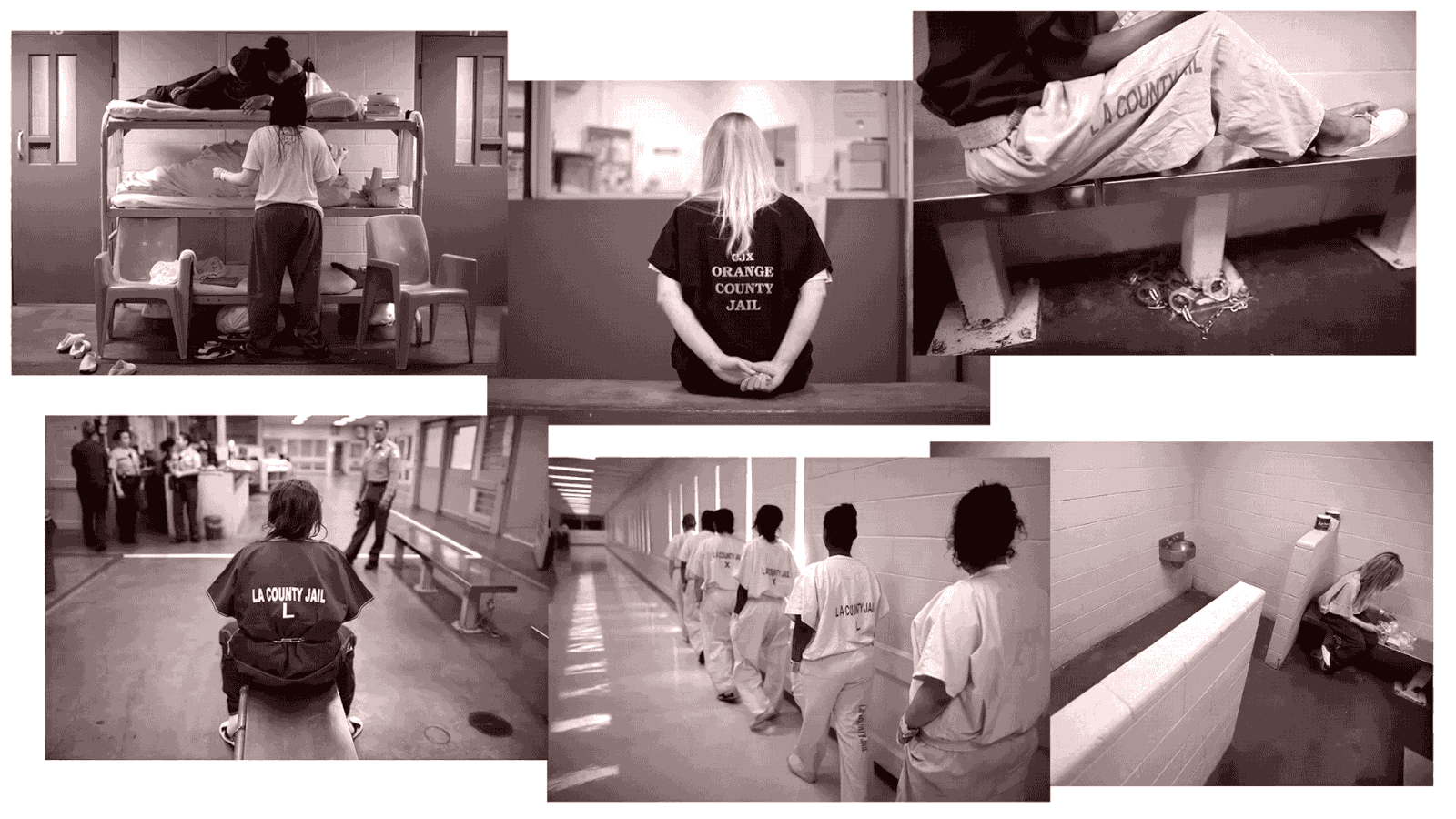

Jenny is the Digital Director at Marie Claire. A graduate of Leeds University, and a native of London, she moved to New York in 2012 to attend the Columbia University Graduate School of Journalism. She was the first intern at Bustle when it launched in 2013 and spent five years building out its news and politics department. In 2018 she joined Marie Claire, where she held the roles of Deputy Digital Editor and Director of Content Strategy before becoming Digital Director. Working closely with Marie Claire's exceptional editorial, audience, commercial, and e-commerce teams, Jenny oversees the brand's digital arm, with an emphasis on driving readership. When she isn't editing or knee-deep in Google Analytics, you can find Jenny writing about television, celebrities, her lifelong hate of umbrellas, or (most likely) her dog, Captain. In her spare time, she writes fiction: her first novel, the thriller EVERYONE WHO CAN FORGIVE ME IS DEAD, was published with Minotaur Books (UK) and Little, Brown (US) in February 2024 and became a USA Today bestseller. She has also written extensively about developmental coordination disorder, or dyspraxia, which she was diagnosed with when she was nine.
-
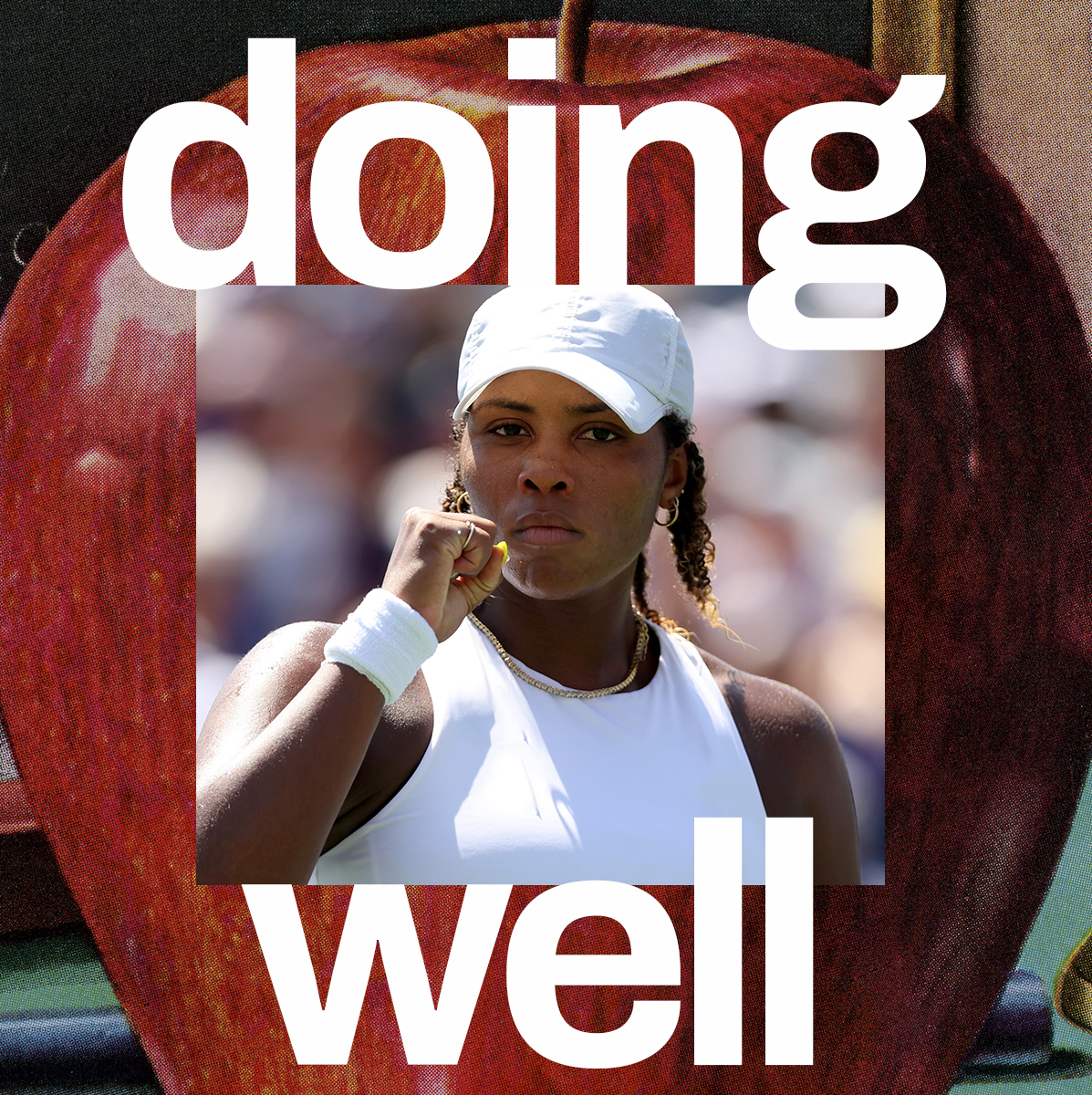 Taylor Townsend Sea Mosses Her Way to Better Wellness
Taylor Townsend Sea Mosses Her Way to Better WellnessThe tennis star serves up self-care between sets.
By Siena Gagliano
-
 What to Know About the Cast of 'Resident Playbook,' Which Is Sure to Be Your Next Medical Drama Obsession
What to Know About the Cast of 'Resident Playbook,' Which Is Sure to Be Your Next Medical Drama ObsessionThe spinoff of the hit K-drama 'Hospital Playlist' features several young actors as first-year OB-GYN residents.
By Quinci LeGardye
-
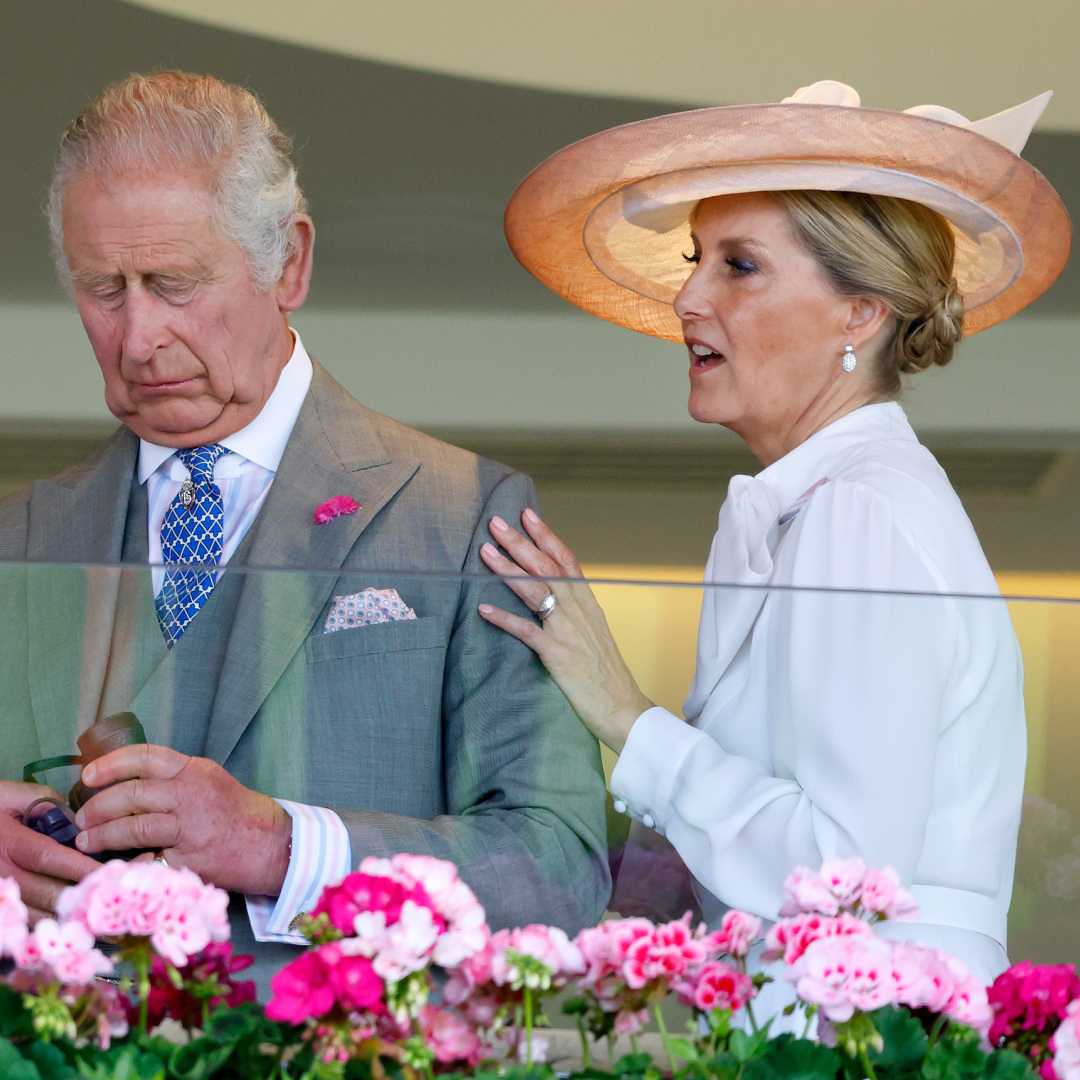 Duchess Sophie Stepped Up to Represent King Charles at Event Amid Calls for King Charles to "Slow Down"
Duchess Sophie Stepped Up to Represent King Charles at Event Amid Calls for King Charles to "Slow Down"The Duchess of Edinburgh filled in for The King at the Royal Military Academy Sandhurst.
By Kristin Contino
-
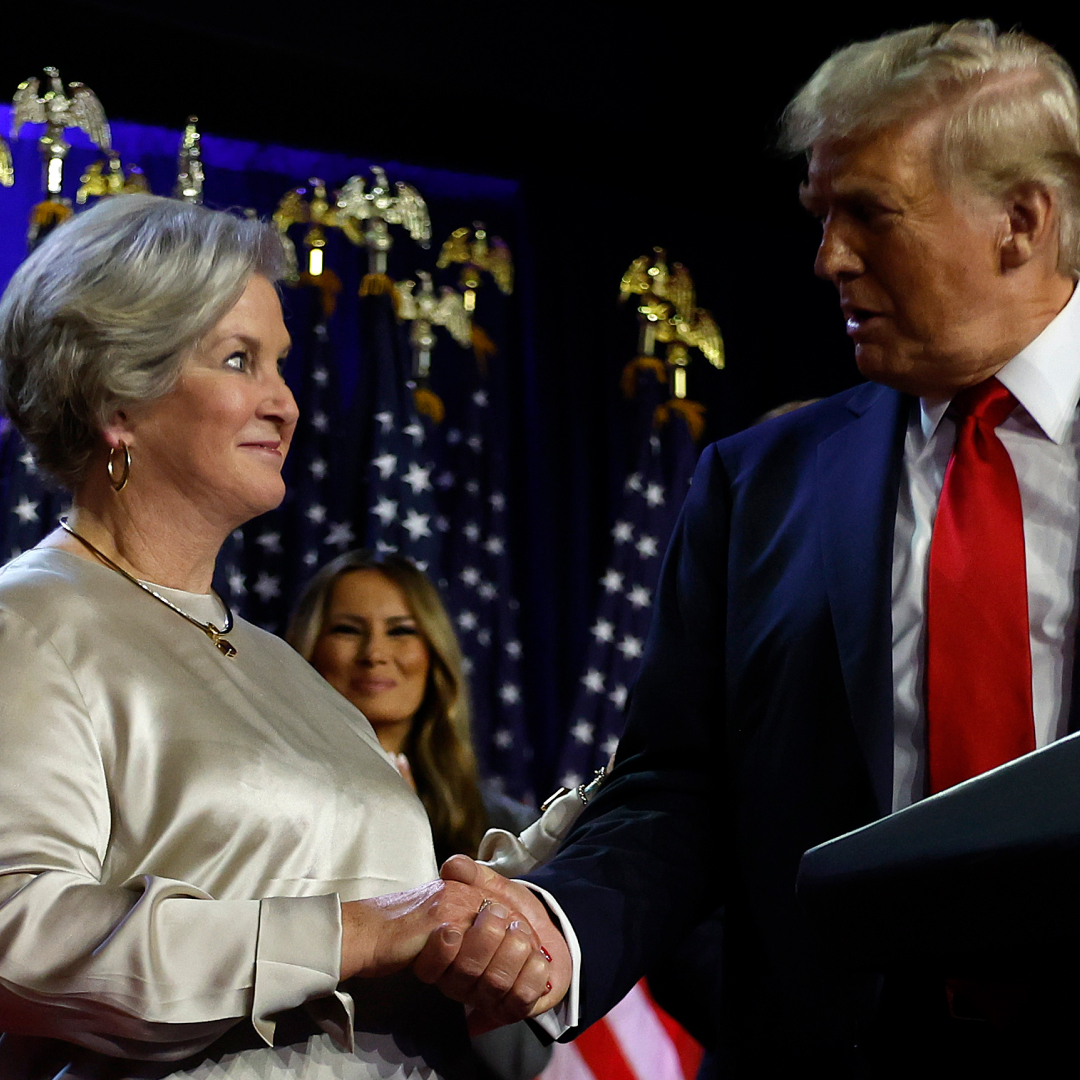 Who is Susie Wiles? President-Elect Donald Trump Names His White House Chief of Staff
Who is Susie Wiles? President-Elect Donald Trump Names His White House Chief of StaffThe political consultant helped the former president run his successful 2024 campaign.
By Danielle Campoamor
-
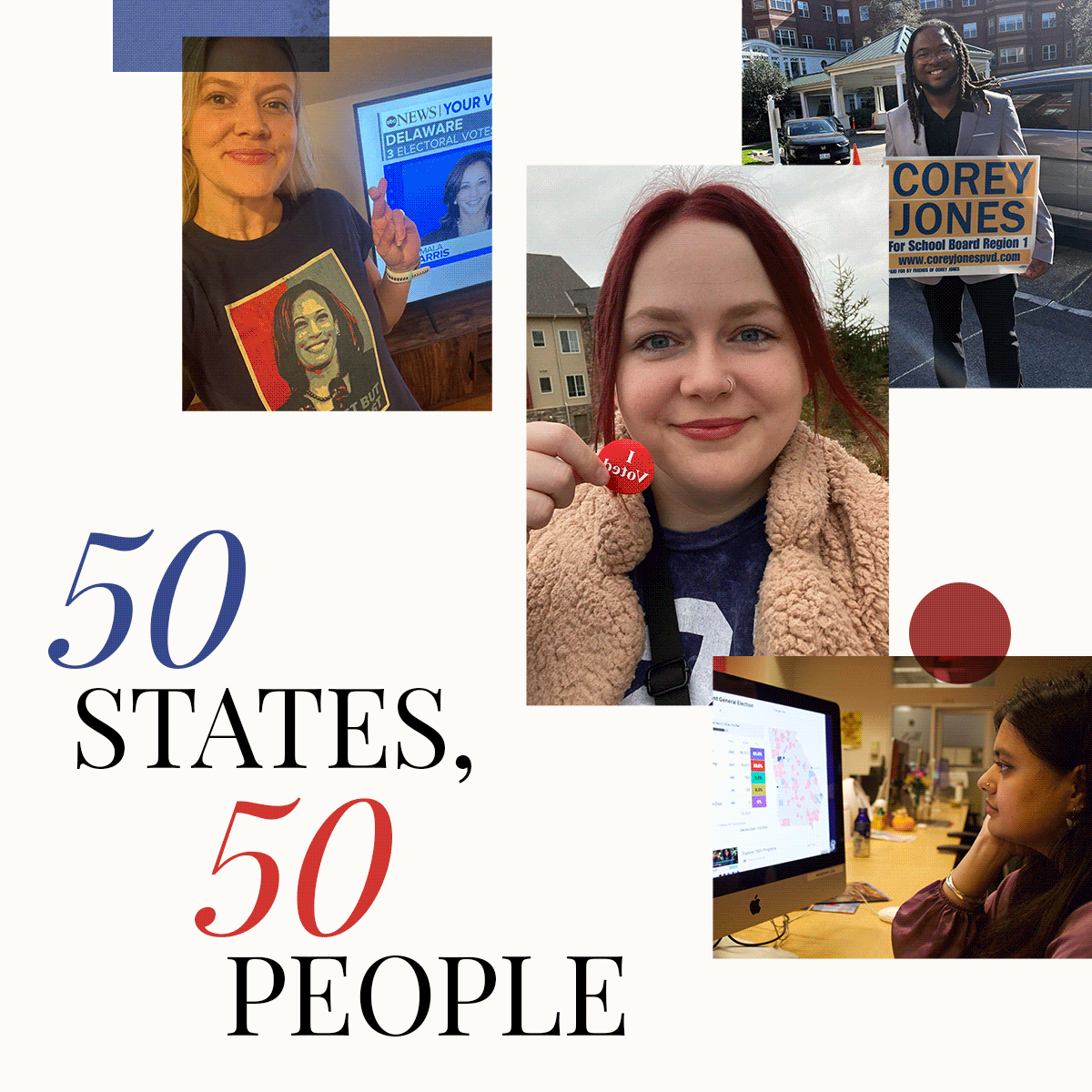 A Nationwide Reaction to the 2024 Election
A Nationwide Reaction to the 2024 ElectionHow are people feeling in this moment? Marie Claire spoke to folks across the country to find out what they were thinking as they cast their votes and waited to hear the results.
By The Editors
-
 The Historic Election Victories Worth Celebrating
The Historic Election Victories Worth CelebratingIncluding momentous firsts, abortion protections, and New York's "Equal Rights Amendment."
By Iris Goldsztajn
-
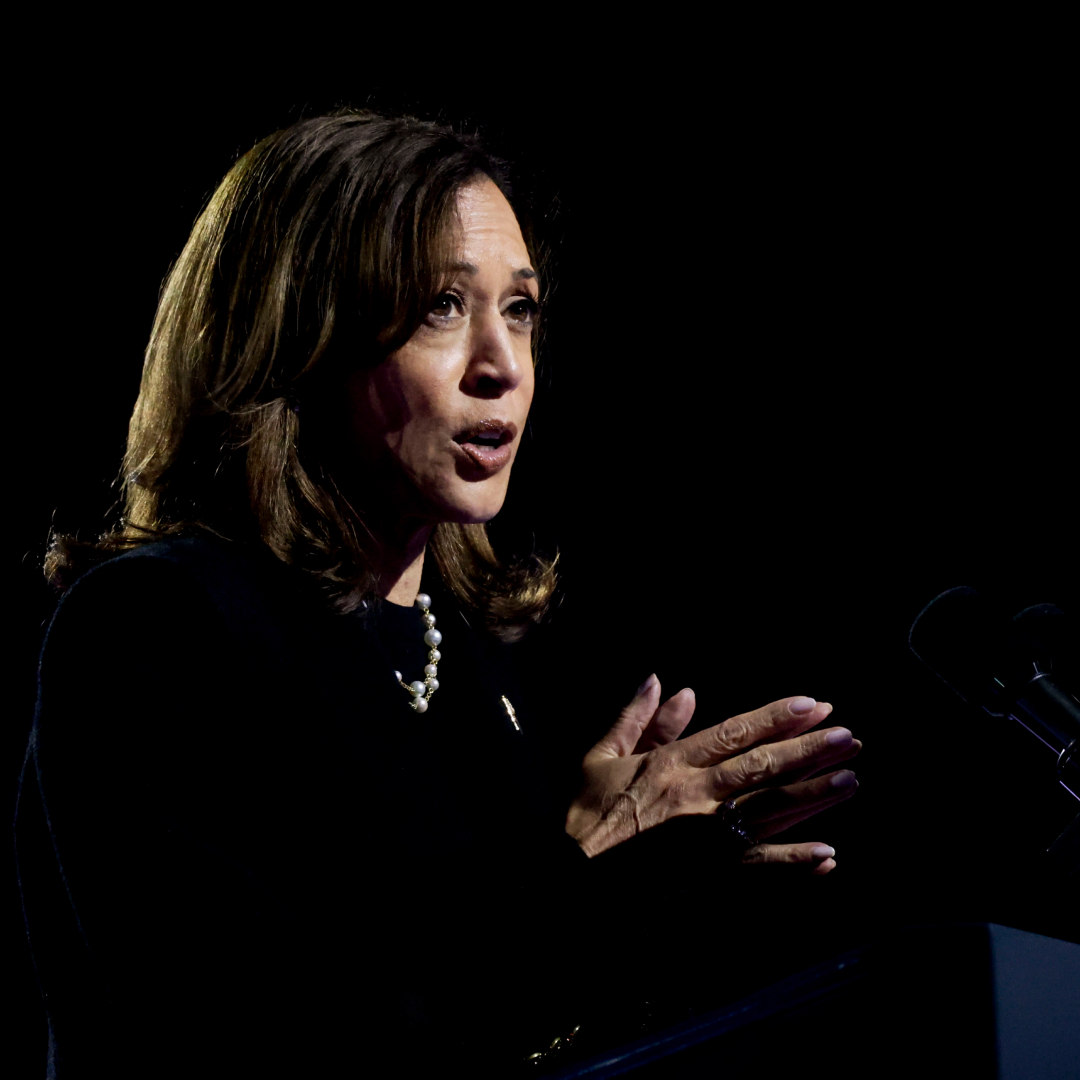 Kamala Harris Has Lost the 2024 Presidential Election
Kamala Harris Has Lost the 2024 Presidential ElectionIt's official.
By Jenny Hollander
-
 Donald Trump Is Ordered to Pay E. Jean Carroll $83.3 Million in Damages
Donald Trump Is Ordered to Pay E. Jean Carroll $83.3 Million in DamagesCarroll had filed two defamation suits against the former president.
By Gabrielle Ulubay
-
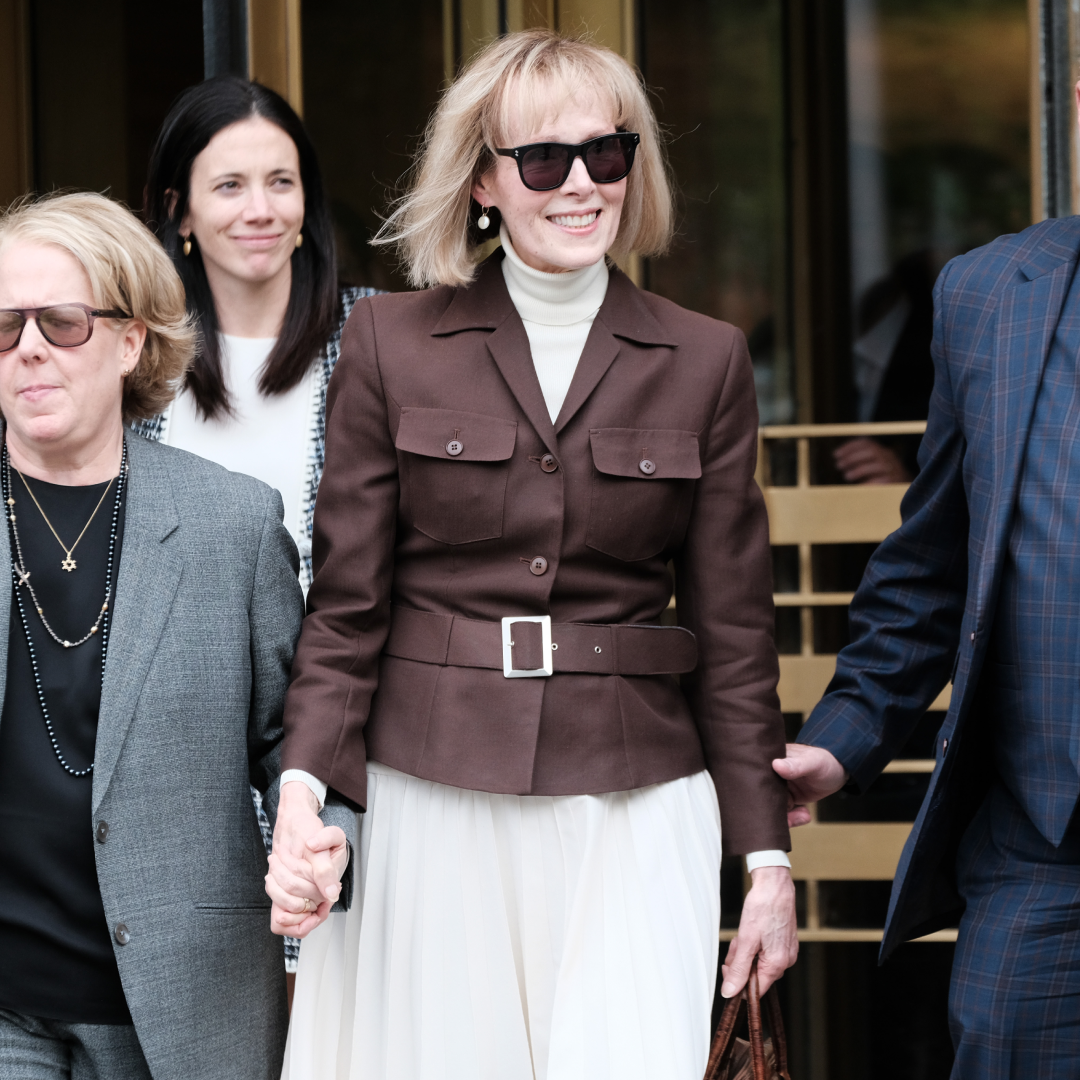 E. Jean Carroll Triumphs Over Donald Trump In Civil Suit
E. Jean Carroll Triumphs Over Donald Trump In Civil SuitA jury found him liable for sexual abuse and defamation.
By Gabrielle Ulubay
-
 36 Ways Women Still Aren't Equal to Men
36 Ways Women Still Aren't Equal to MenFeatures It's just one of the many ways women still aren't equal to men.
By Brooke Knappenberger
-
 How New York's First Female Governor Plans to Fight for Women If Reelected
How New York's First Female Governor Plans to Fight for Women If ReelectedKathy Hochul twice came to power because men resigned amid sexual harassment scandals. Here, how she's leading differently.
By Emily Tisch Sussman